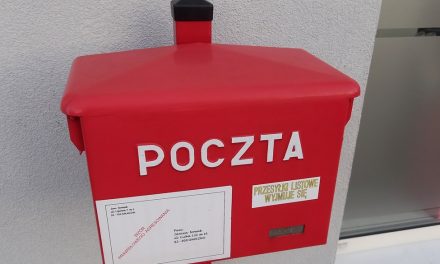
Post Office becomes e-government driver
The South African Post Office is likely to attempt to persuade government departments to start accepting electronic documents and the public to use such electronic filing facilities.
This is thanks to one of the last-minute changes the Portfolio Committee on Communications made this week to the Electronic Communications and Transactions (ECT) Bill, before the Bill moved on in the parliamentary process.
According to some involved in the committee’s deliberations, the Post Office was more effective in lobbying than many other parties, and saw much of its wish-list implemented.
The Post Office will not, as initially expected and reported, become the sole provider of so-called advanced electronic signatures, which will be required for the legal recognition of data messages. It will, however, be a “preferred” provider of authentication for public interaction between citizens and government.
Chapter four of the ECT Bill allows government bodies to issue permits and licences, or receive documents in electronic form. It allows each body to determine the rules for such electronic transactions. But according to the new amendment, rules on the authentication of such transactions must consider the Post Office a preferred provider.
“The decision still lies with the department in question,” says Lance Michalson, the lawyer that represented the Post Office during the committee deliberations. “It will have to win the hearts and minds of the departments, and of the public.”
Electronic documents exchanged between businesses or individuals will still have legal recognition if accompanied by a recognised digital signature not issued by the Post Office. But thanks to another change in the Bill, anyone providing authentication services for electronic signatures will have to include a face-to-face identification of the user. Michalson thinks it likely that private providers, such as VeriSign, will outsource this step to the Post Office, which covers most of the country geographically and has trained staff.
It is not yet clear what the relationship between the Post Office and the State IT Agency (Sita) will be. The Sita amendment Bill, also currently before Parliament, provides for the agency to be the sole provider of authentication products and services to all government departments and organs of state. This may see the Post Office act as a reseller for authentication services it sources from Sita.
Registered e-mail
Another late change lobbied for by the Post Office is the recognition of registered electronic mail.
“Many pieces of legislation require registered post,” says Michalson. “With the recognition of data messages [in the ECT Bill] you have the choice of changing all of those or providing for it in this enabling legislation.”
He says the Post Office, as the current supplier of registered post, will be allowed to put in place the technology needed to create an online equivalent acceptable in court.
The ECT Bill is expected to be signed into law by president Thabo Mbeki in early July.












